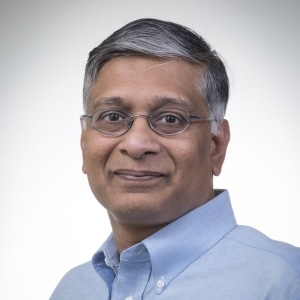Tell us a bit about yourself – what was your PhD about and where did you study?
My PhD was in Biochemistry and Molecular Biology from Virginia Commonwealth University in Richmond VA (USA). I studied the interaction between fatty acids and phospholipids and phospolipase A2, as this enzyme was implicated in a variety of diseases including inflammation.
What do you do now? What did you decide to do next after gaining your PhD?
I graduated in 1991 and started a post-doctoral fellowship in Neuroscience, specifically to study traumatic brain injuries, a topic that I am still studying today. At that time, it was considered a “failure” if you did not go into academia so in a lot of ways, the system may have created a path for me. I had done some teaching and mentoring of junior graduate students during my time as a PhD student and I continued to do these activities as a post-doctoral fellow, so the thought of doing that as a faculty member felt right for me. I pursued a career in academia because i enjoyed the responsibilities of research and education.
Has having a PhD helped in developing your career? If yes, what has been the biggest impact? If no, why do you think that is?
The biggest impact of having a PhD is that it taught me to think creatively, address problems in a practical way, and most importantly give me the tools to combat failure. Having a PhD also lends a certain amount of credibility to your ability to impart knowledge.
What’s one piece of advice that you’d offer prospective students considering a PhD?
Go into the PhD program with an open mind. Consider all options for employment after the degree.
And what one thing would you suggest that new PhD graduates should do next?
If the field of study promotes the practice, definitely do a post-doctoral fellowship at another institution, another lab, and (if possible) conduct research in an area not identical to your PhD research. Gaining multiple perspectives is of paramount importance.
Lastly, what’s your favourite memory from your time as a PhD student?
Being able to spend unrestricted amounts of time in the lab!
Want to know more about Ramesh?
Follow him on Twitter using the link below:

